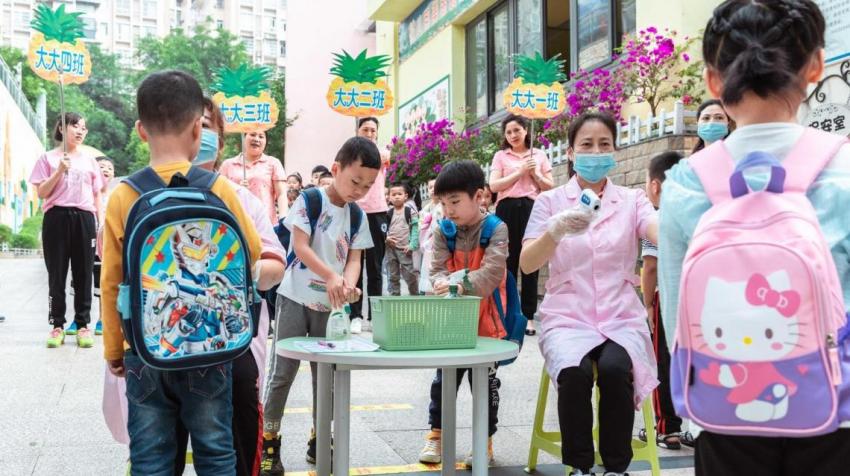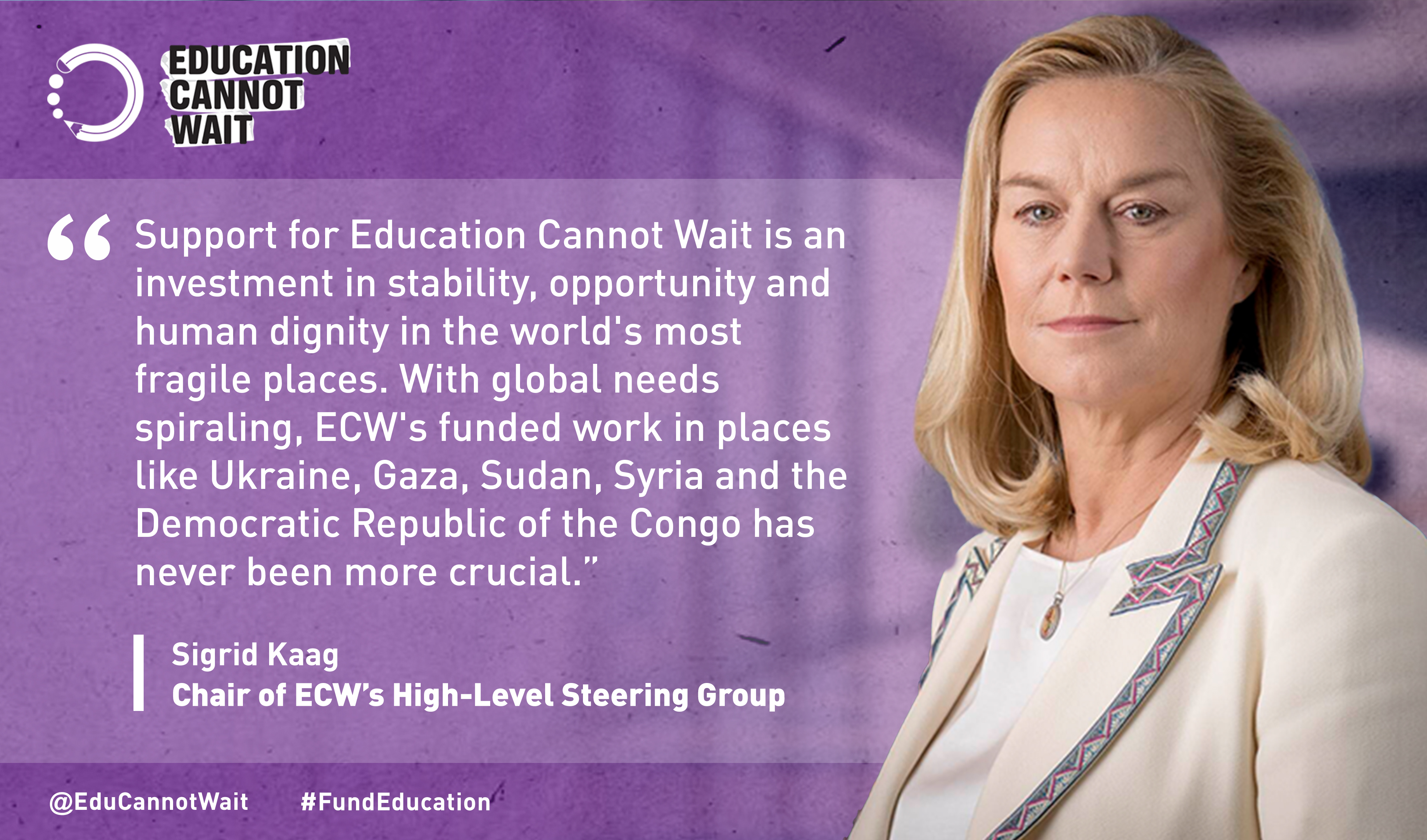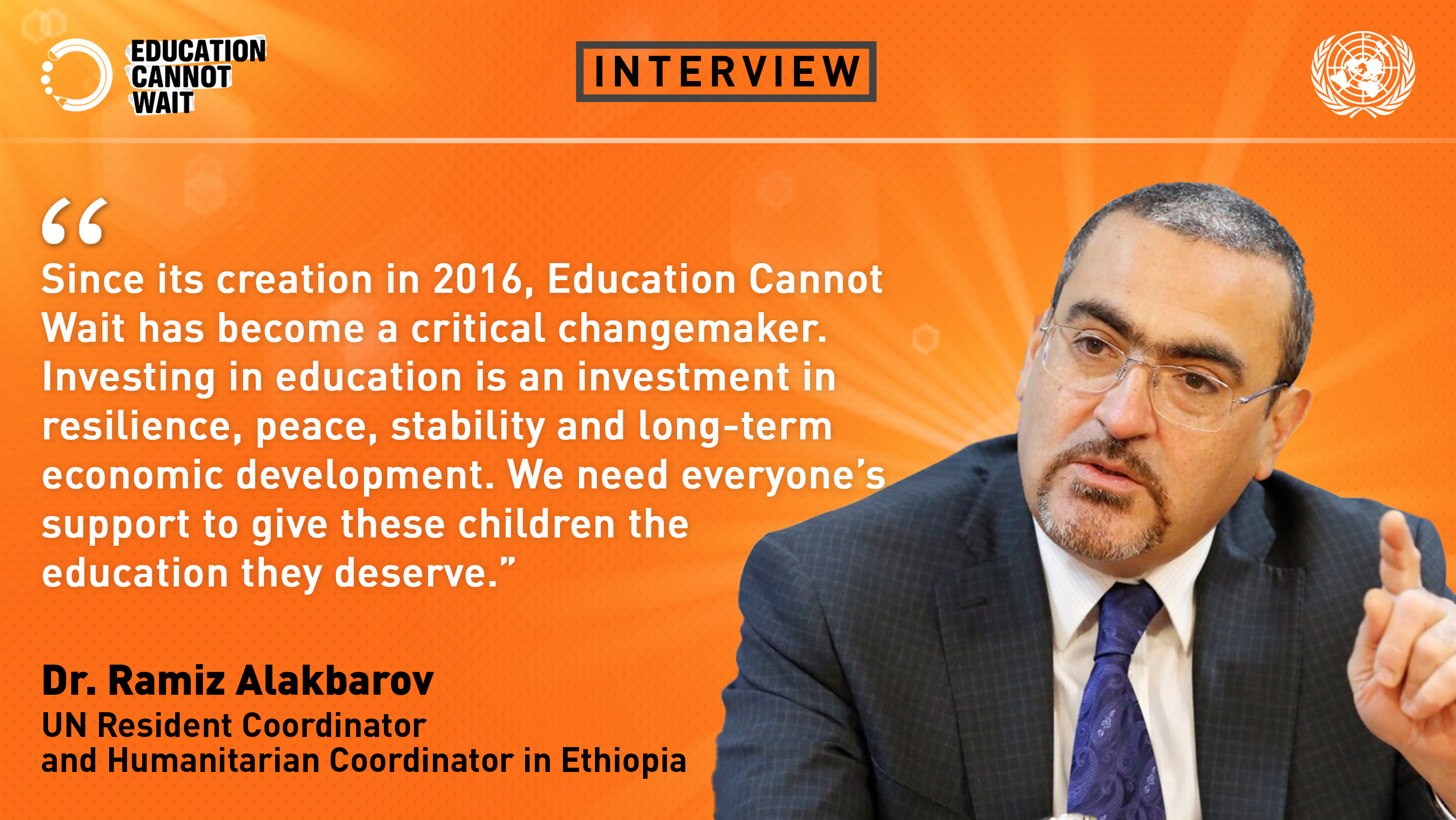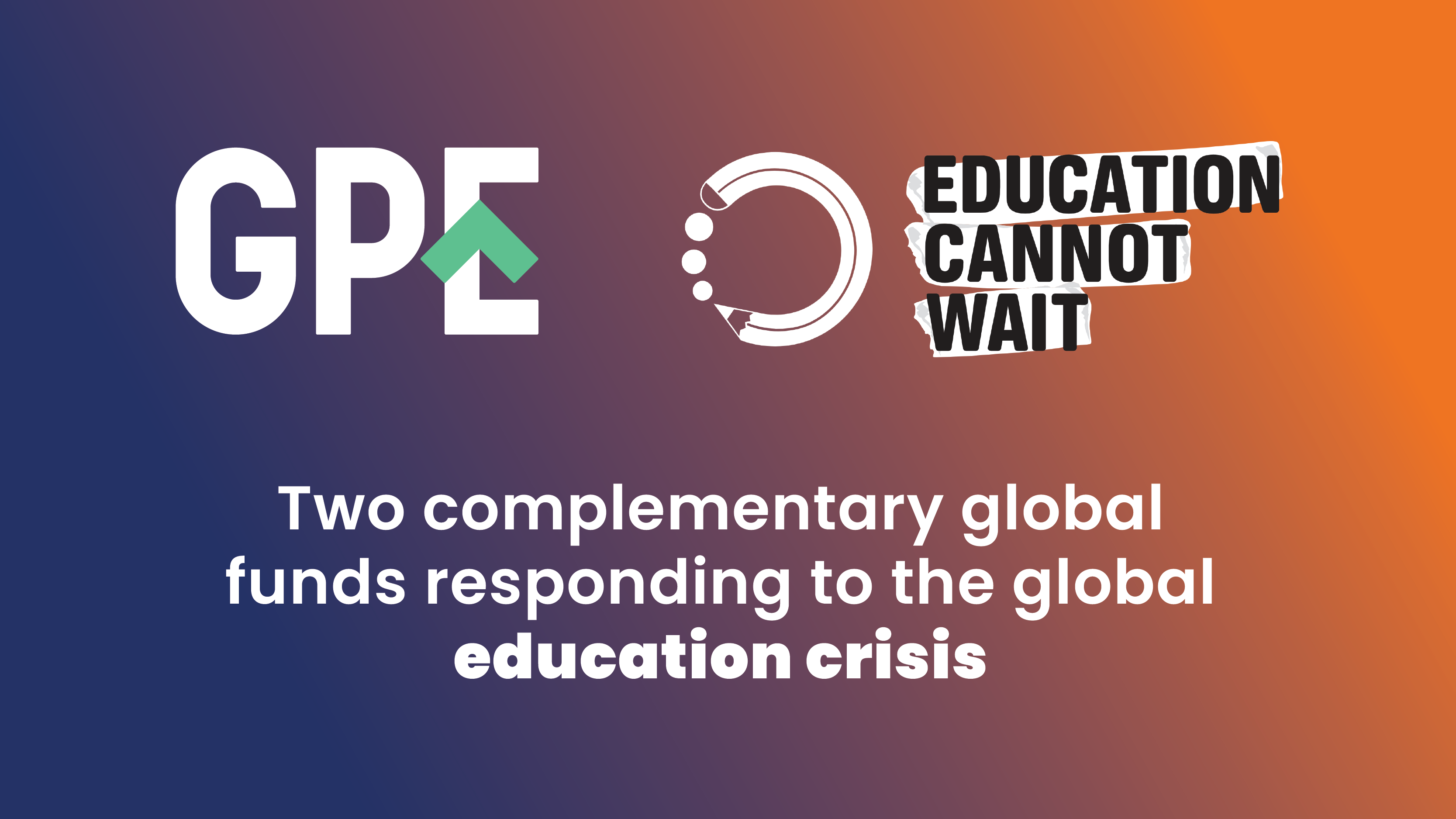Launch of the Policy Brief: Education During Covid-19 and Beyond

“The future of education is here”
ANTÓNIO GUTERRES
The Secretary-General of the United Nations.
Education is the key to personal development and the future of societies.
It unlocks opportunities and narrows inequalities.
It is the bedrock of informed, tolerant societies, and a primary driver of sustainable development.
The COVID-19 pandemic has led to the largest disruption of education ever.
In mid-July, schools were closed in more than 160 countries, affecting over 1 billion students.
At least 40 million children worldwide have missed out on education in their critical pre-school year.
And parents, especially women, have been forced to assume heavy care burdens in the home.
Despite the delivery of lessons by radio, television and online, and the best efforts of teachers and parents, many students remain out of reach.
Learners with disabilities, those in minority or disadvantaged communities, displaced and refugee students and those in remote areas are at highest risk of being left behind.
And even for those who can access distance learning, success depends on their living conditions, including the fair distribution of domestic duties.
We are at a defining moment for the world’s children and young people.
We already faced a learning crisis before the pandemic.
More than 250 million school-age children were out of school.
And only a quarter of secondary school children in developing countries were leaving school with basic skills.
Now we face a generational catastrophe that could waste untold human potential, undermine decades of progress, and exacerbate entrenched inequalities.
The knock-on effects on child nutrition, child marriage and gender equality, among others, are deeply concerning.
This is the backdrop to the Policy Brief I am launching today, together with a new campaign with education partners and United Nations agencies called ‘Save our Future’.
We are at a defining moment for the world’s children and young people.
The decisions that governments and partners take now will have lasting impact on hundreds of millions of young people, and on the development prospects of countries for decades to come.
This Policy Brief calls for action in four key areas:
First, reopening schools.
Once local transmission of COVID-19 is under control, getting students back into schools and learning institutions as safely as possible must be a top priority.
We have issued guidance to help governments in this complex endeavour.
It will be essential to balance health risks against risks to children’s education and protection, and to factor in the impact on women’s labour force participation.
Consultation with parents, carers, teachers and young people is fundamental.
Second, prioritizing education in financing decisions.
Before the crisis hit, low and middle-income countries already faced an education funding gap of $1.5 trillion dollars a year.
This gap has now grown.
Education budgets need to be protected and increased.
And it is critical that education is at the heart of international solidarity efforts, from debt management and stimulus packages to global humanitarian appeals and official development assistance.
Third, targeting the hardest to reach.
Education initiatives must seek to reach those at greatest risk of being left behind — people in emergencies and crises; minority groups of all kinds; displaced people and those with disabilities.
They should be sensitive to the specific challenges faced by girls, boys, women and men, and should urgently seek to bridge the digital divide.
Fourth, the future of education is here.
We have a generational opportunity to reimagine education.
We can take a leap towards forward-looking systems that deliver quality education for all as a springboard for the Sustainable Development Goals.
To achieve this, we need investment in digital literacy and infrastructure, an evolution towards learning how to learn, a rejuvenation of life-long learning and strengthened links between formal and non-formal education.
And we need to draw on flexible delivery methods, digital technologies and modernized curricula while ensuring sustained support for teachers and communities.
As the world faces unsustainable levels of inequality, we need education – the great equalizer – more than ever.
We must take bold steps now, to create inclusive, resilient, quality education systems fit for the future.
- Read the full Policy Brief: Education during COVID-19 and beyond
- For more information on the Save Our Future campaign: saveourfuture.world



